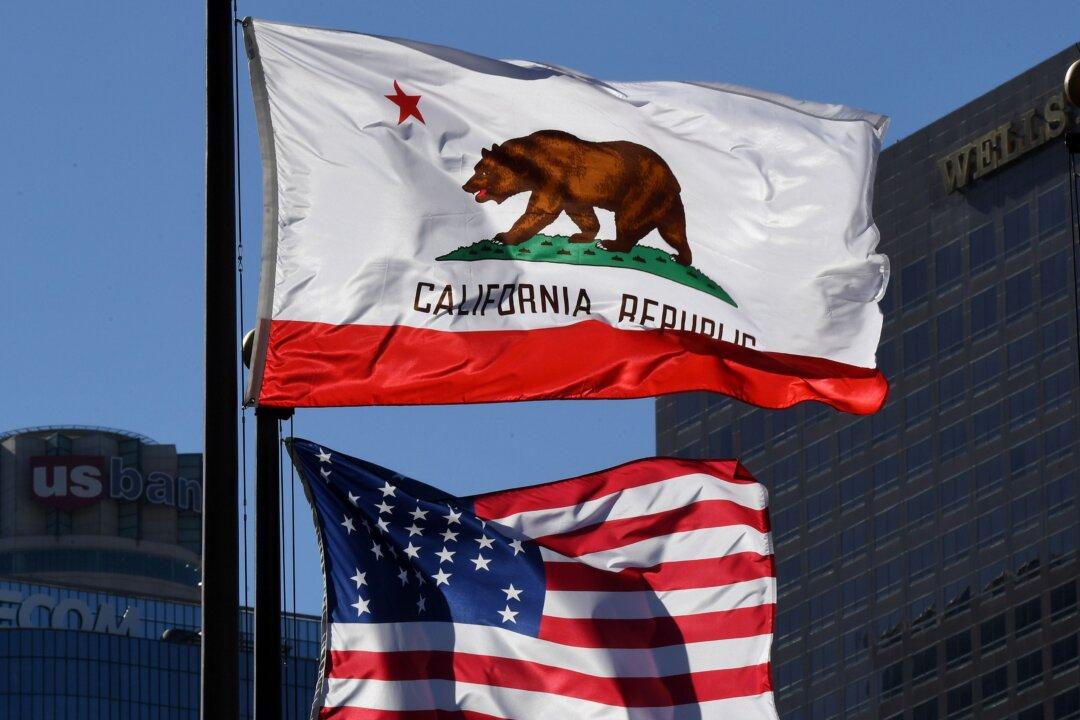“Why ask any conservative in California to stand up against a radical left culture that all but dominates our society?” This was the sobering question I received from a disheartened California Republican in response to a column I published recently.
The column boldly called to action conservatives, libertarians, and freethinkers alike. I dared to invoke the belief that even in states such as “blue” California, we can reclaim the hearts of our generation with the same values that built this nation, that together, we can bring new light to a culture darkened by left-wing agendas.





